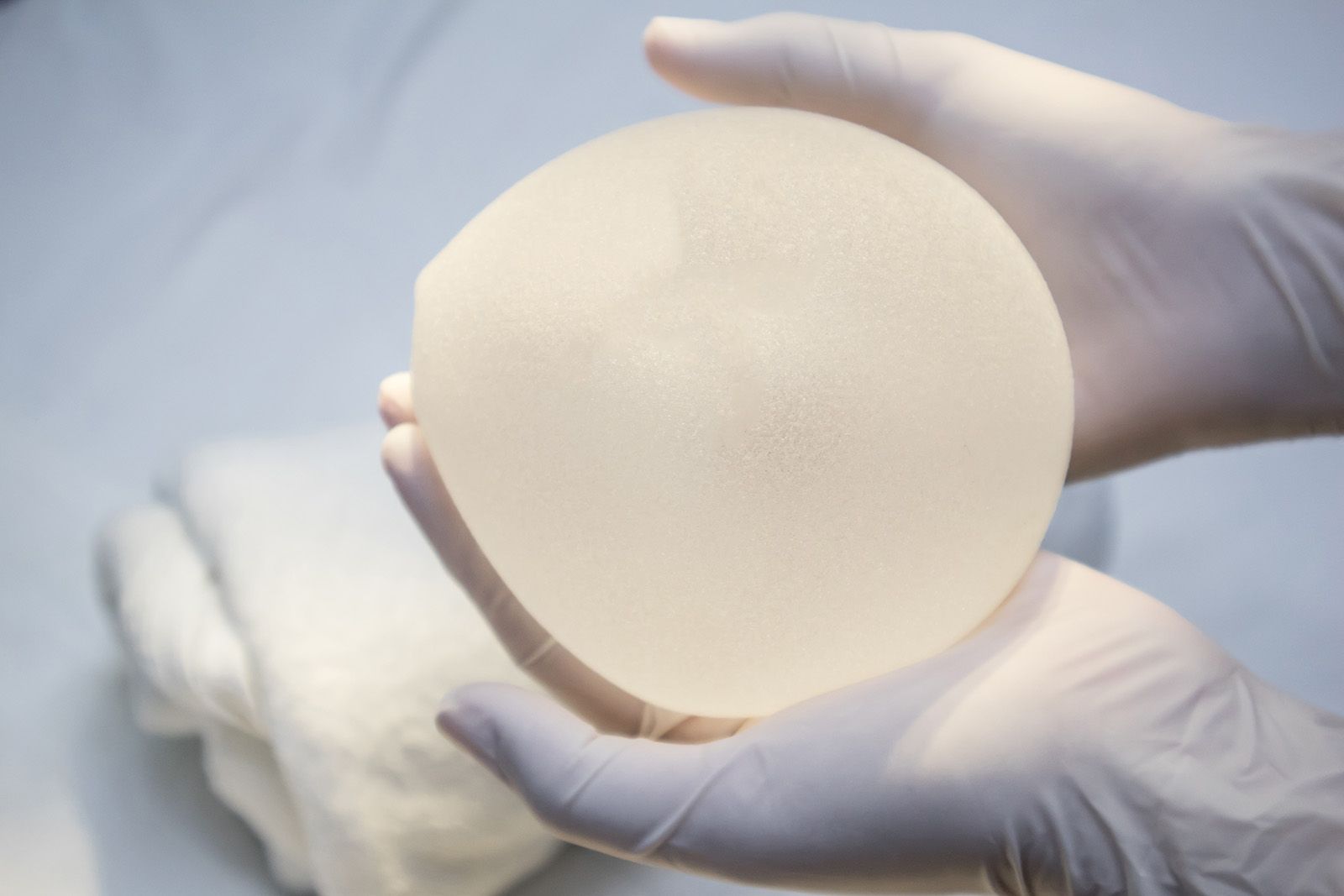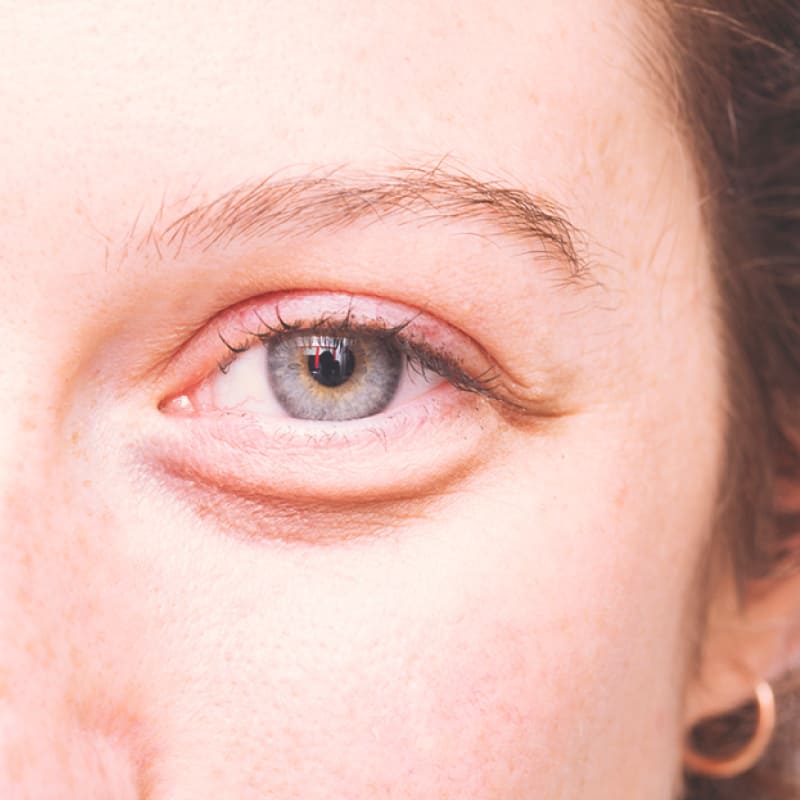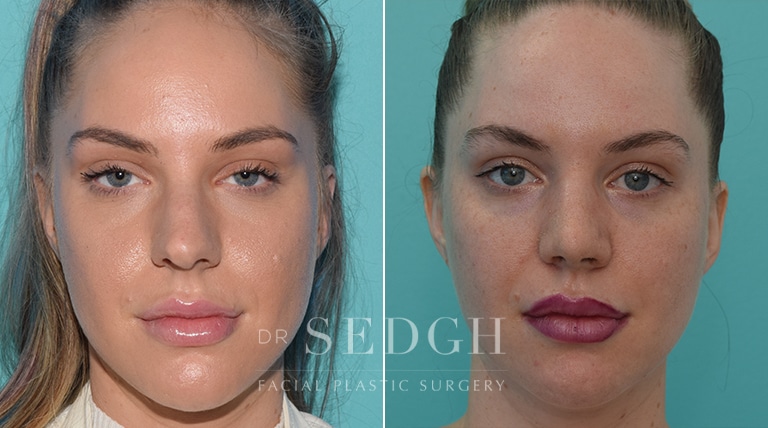
Breast implants cancer is a relatively rare condition, but it does exist. This cancer develops as a result of a long-term, inflammatory response to bacterial contaminants. The following article will provide information about the symptoms and possible treatment options for those suffering from this type of cancer. Here are the treatment options available to women who suspect that they may have breast implants cancer. Breast implants have a low risk of developing this condition. However, most breast implant users will experience no complications.
BIA - ALCL is a type of breast implant cancer
If you're considering getting breast implants, you should know what to expect. Breast implants cancer can be caused by BIA/ALCL. It typically develops 7-10 years after the procedure. But, it may occur earlier. A mammogram can detect breast cancer but BIA-ALCL may not be.
While ALCL can occur anywhere in the body, it is usually found in the skin or lymph nodes. BIA ALCL (a subtype) forms in scar tissue, around the breast implants, and is a form of ALCL. While surgical removal of the implant may be required in this case, patients can avoid the most severe consequences. If diagnosed in its early stages, the disease is curable.

It's rare
While the risk of getting breast implants is relatively low, the association between implants and certain types of cancer is a serious one. Breast implants may be linked to Anaplastic Large cell Lymphoma which is a rare type of cancer. This disease can develop many years after implants have been placed. It can be treated with many options once diagnosed. If you feel that your breasts are becoming asymmetrical, painful, or swelling, it is best to consult your doctor.
It is possible that breast implants could be contributing factors to breast cancer. Although the cause of breast implant-related breast cancer is still unclear, Special alert issued by FDA for women who have received implants. Although the risk of developing cancer is low, it's still very rare. The UK's health regulator states that one in twenty-four women is at risk of developing ALCL. Experts believe that the actual rate of ALCL is closer to 8-10%, with the majority of cases not being diagnosed.
It is caused long-term by an inflammatory reaction to bacteria contamination
It has been implicated with breast implant-associated aplastic large cell Lymphoma. Breast implants can be contaminated by bacteria. This is a continuous process that involves multiple biological pathways. The implants may become benign or pathologic depending on the level of contamination. Breast implants are usually considered to be clinically normal unless they have been infected with bacteria. However, the inflammatory response that biologic signals can cause may alter this status. A double capsule can form around an implant if it is infected with this bacteria.
Capsular Contracture can result from a prolonged inflammatory response to bacterial infection of breast implants. It is an abnormally small contraction and contracture of the implant's capsule. Most likely, biofilm, a layer made up of bacteria, forms around the implants. Capsular Contracture is more common if there are any infections. Many women end up with breast implants that are not in compliance with medical guidelines.

Treatment options
There are many treatments available for breast cancer. These include removal and replacement. These procedures are recommended for cancer-scarred women, as they preserve the natural shape of the breast. However, they may not suit everyone. They are not recommended for those who smoke, have connective tissues disease, or have diabetes. They also have longer recovery times. Although radiation therapy is sometimes recommended for some patients, it may not be beneficial for others. Breast implants cancer is often treatable, but there are several factors to consider before undergoing surgery.
FDA is currently investigating complaints about breast implants. A higher chance of lymphoma, an immuno system cancer, occurs with breast implants that have rough textures. The risk has been estimated by the FDA to be 1 in 3,000 to 1 per 30,000 patients. However, the actual number of cases of lymphoma may vary, depending on the type of textured implant and its manufacturer. For this reason, the FDA does not recommend removing any breast implants.